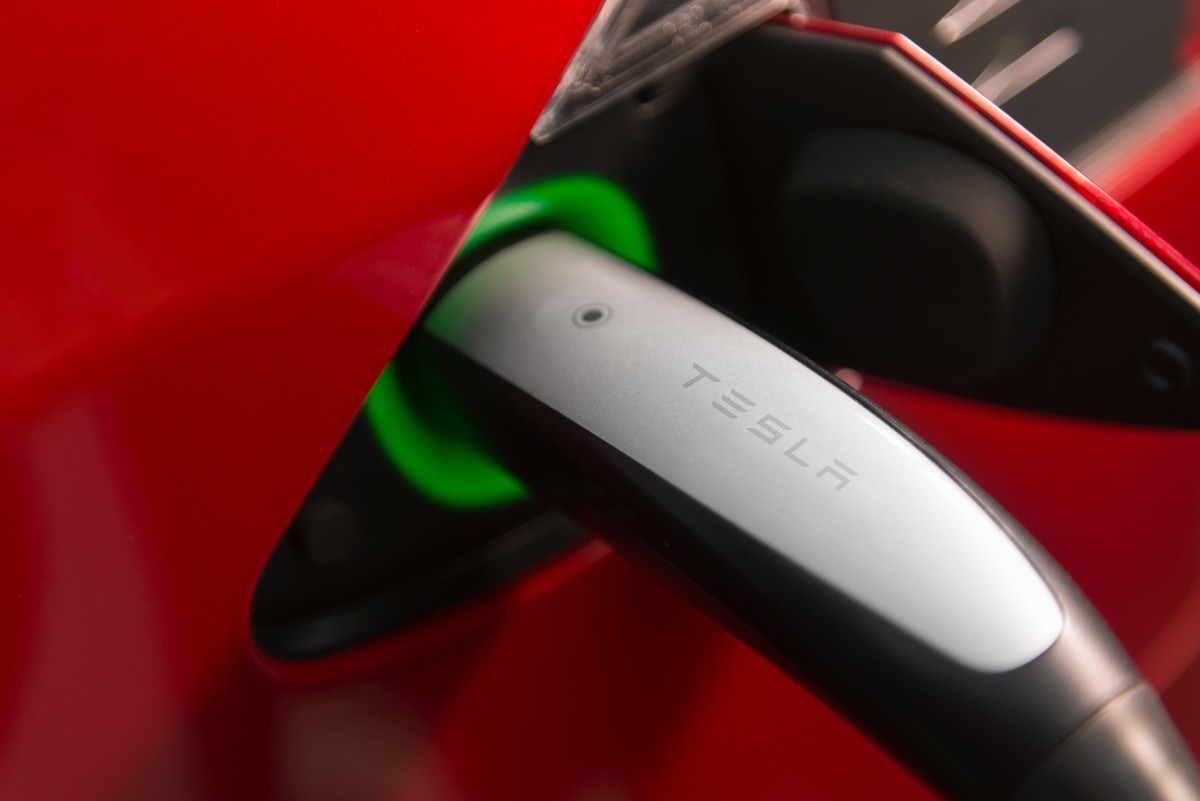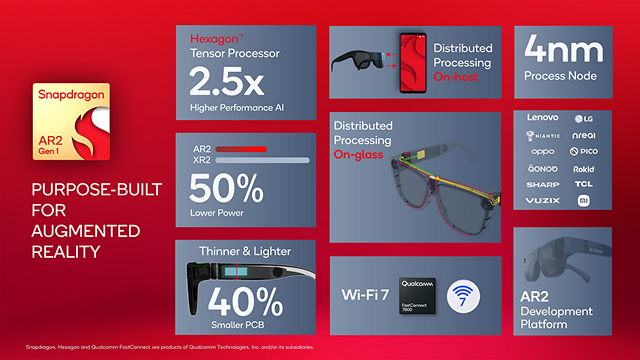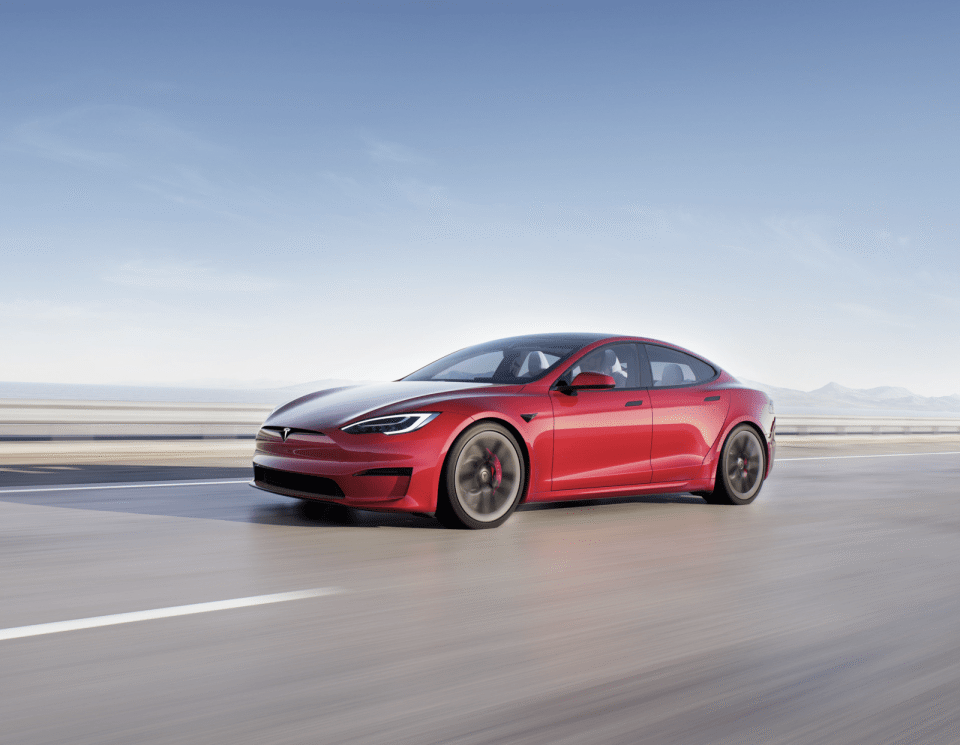
Tesla opens its EV connector design to other automakers
November 15, 2022
With $7M raised, Keyo launches a biometric palm verification network
November 20, 2022
It’s that time of year again. It can drop 20 degrees on any given day, and we’re stuck indoors watching people watch Qualcomm announce new chips and reference designs in sunny Hawaii. The Snapdragon Summit is the component-maker’s annual opportunity to map out its big plans for the next year, ahead of the holiday scrum and product deluge of CES and MWC.
It’s an ideal time to pepper the industry with some timeline news items. Many of the major manufacturers are effectively finished announcing hardware for the year, and things won’t really ramp up for another couple of months.
The big news is, naturally, Snapdragon 8 Gen 2. That’s the chip that’s going to power a majority of your flagship Android handsets next year — at least until the Snapdragon 8+ Gen 2 presumably starts rolling out at some point mid-2023.
It’s likely not surprising for those who have been following the space for the last several years that Qualcomm is positioning AI/ML as the centerpiece of its latest system on a chip. With the new Hexagon Processor (that’s a Qualcomm trademark, mind) at its center, the new system on a chip promises up to 4.35x gains for things like natural language processing.
“This is thanks to the industry’s only Micro Tile Inferencing technique so we can power features like real-time multi-language translation,” the company writes. “In other words, you can speak into a language translator and have it translated into multiple languages running these complex networks.”
Computational photography is the other big piece there. The system is able to recognize and segment different aspects of an image before the photo is taken. It uses a portrait as an example — breaking up hair, clothes, the background and a face into different segments. It’s a feature that will no doubt be present in imaging products like Portrait mode, in which depth sensing is important.
The first devices with Gen 2 are set to arrive before the end of the year. The list of phone makers signed up for the SoC includes ASUS, HONOR, iQOO, Motorola, nubia, OnePlus, OPPO, REDMAGIC, Redmi, SHARP, Sony Corporation, vivo, Xiaomi, XINGJI/MEIZU and ZTE.

Image Credits: Qualcomm
Also of note this week is the arrival of Qualcomm’s new augmented reality chip, the Snapdragon AR2 Gen 1. The component is designed to power a new generation of slim AR wearables. It’s a low-power solution that sits across different parts of the glasses in order to better distribute its weight.
“We built Snapdragon AR2 to address the unique challenges of headworn AR and provide industry-leading processing, AI and connectivity that can fit inside a stylish form factor,” Qualcomm’s Hugo Swart said in a release. “With the technical and physical requirements for VR/MR and AR diverging, Snapdragon AR2 represents another metaverse-defining platform in our XR portfolio to help our OEM partners revolutionize AR glasses.”
The list of manufacturers developing hardware with the platform includes Lenovo, LG, Nreal, OPPO, Pico, QONOQ, Rokid, Sharp, TCL, Vuzix and Xiaomi.
Qualcomm debuts latest flagship Snapdragon chip and a new AI platform by Brian Heater originally published on TechCrunch



